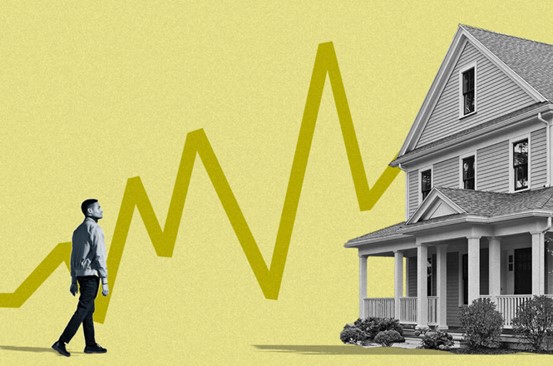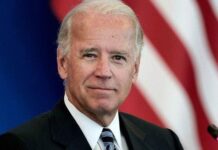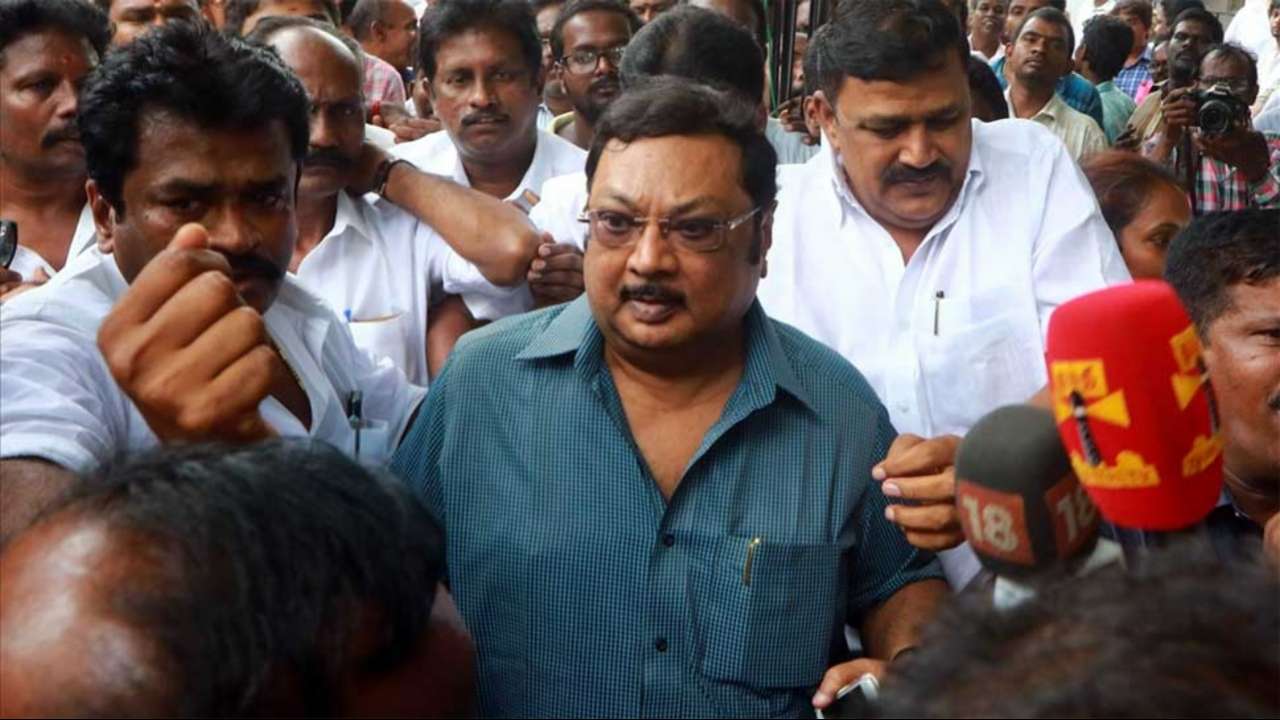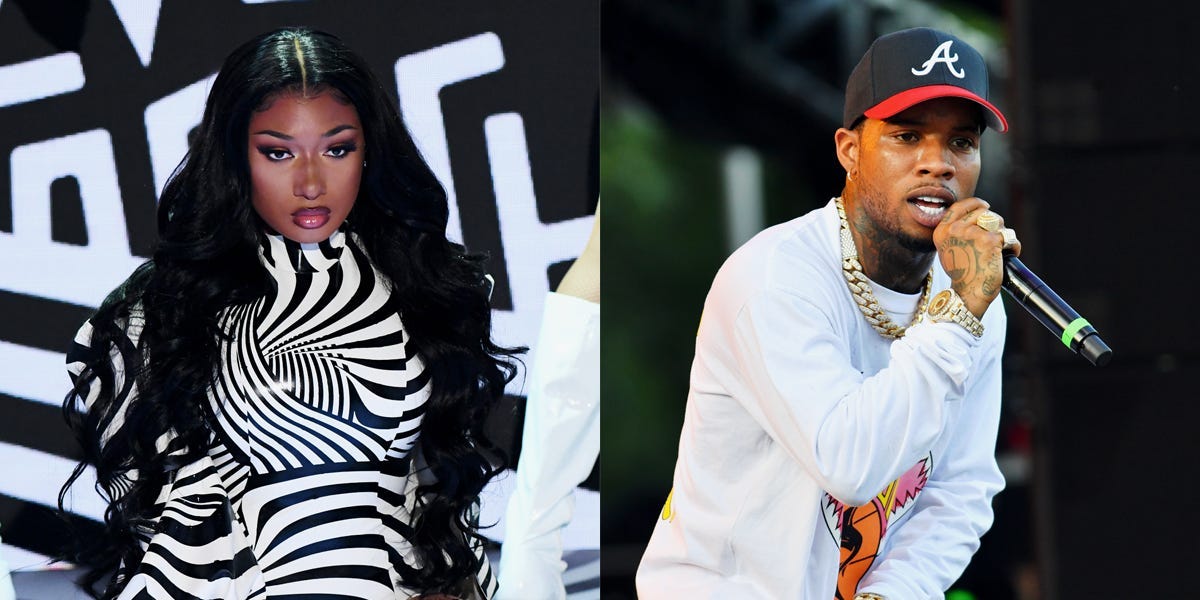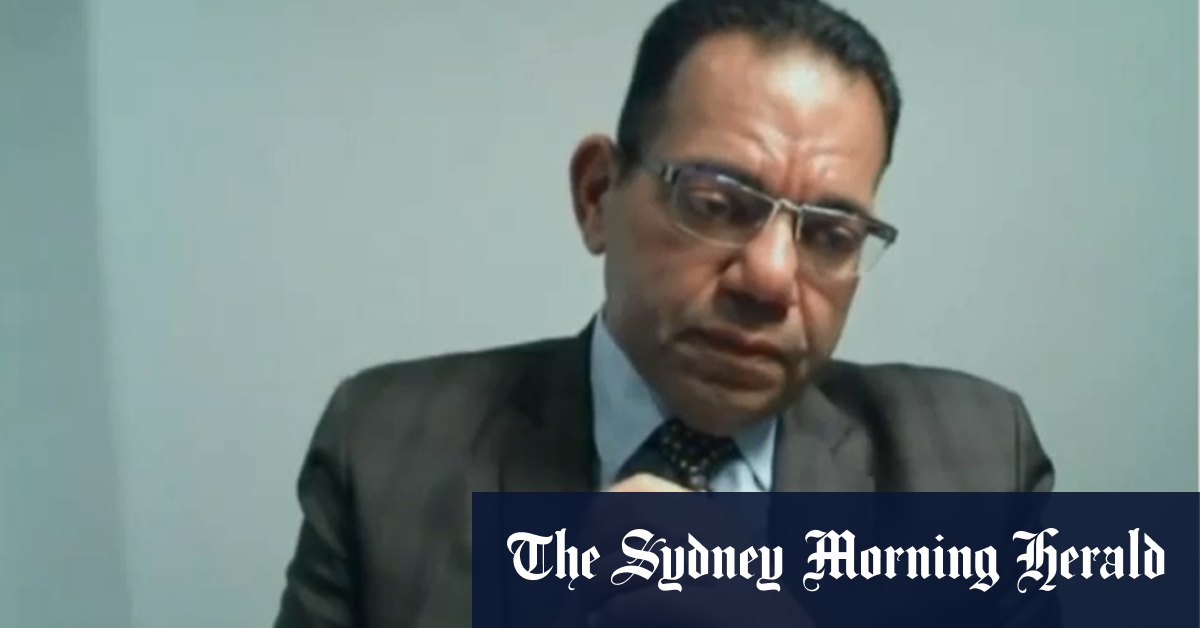US housing mortgage interest rates were still hovering near historical lows until the end of 2020. Coupled with the epidemic, the US housing market were rushing to buy in 2020, but the fever may subside in 2021. The main reason was that soaring housing prices have started to discourage prospective home buyers. And as vaccines drive economic recovery, mortgage interest rates are expected to rise.
According to the National Mortgage Bankers Association (MBA), in the two weeks to January 1, the number of mortgage applications for new home purchases fell by 0.8% compared to the second week of December 2020.
The stronger evidence was that the volume of new home transactions at the same time was only 3% higher than the same period in 2020. Compared with the frequent annual increase of more than 20% in the transaction volume of new homes in the past few months, buyers have significantly shrunk their hands.
Even if the mortgage interest rate is still at a historically low level, the accelerating housing prices have caused more and more people who were willing to buy a house to retreat. In the last two weeks of 2020, the demand for mortgages has declined, which was related to soaring housing prices.
MBA Assistant Vice President Joel Kan pointed out: “About 98% of all mortgage applicants prefer fixed-rate loans. The interest rate of fixed-rate mortgages is at a historically low  point. This is good news for borrowers with refinancing or housing needs.” However, in the two weeks ending on January 1, the number of mortgage refinancing applications fell 6% compared to the previous two weeks, but it was still twice as high as the same period in 2020. The mortgage interest rate at the end of 2019 was a full 1% higher than now.
point. This is good news for borrowers with refinancing or housing needs.” However, in the two weeks ending on January 1, the number of mortgage refinancing applications fell 6% compared to the previous two weeks, but it was still twice as high as the same period in 2020. The mortgage interest rate at the end of 2019 was a full 1% higher than now.
George Ratiu, a senior economist at the real estate website Realtor.com, pointed out that looking back on 2020, low mortgage interest rates could be said to be an important driving force for the wave of buying houses, but there were many factors that might push up interest rates after entering 2021.
Matthew Speakman, the economist of Zillow, a real estate website, said that the result of the Georgia Senate runoff might lead to more fiscal bailouts. This seemed to add uncertainty in the eyes of investors. Bond yields were expected to be therefore strongly fluctuated, and mortgage interest rates were mostly linked to long-term bond yields, especially the 10-year US government bonds.
In the long run, the epidemic and economic development will also greatly affect mortgage interest rates. The new crown vaccine is coming out one after another. If it is expected to benefit the US economy, interest rates are bound to rise. In view of this, economists mostly predict that mortgage interest rates will rise in 2021.


